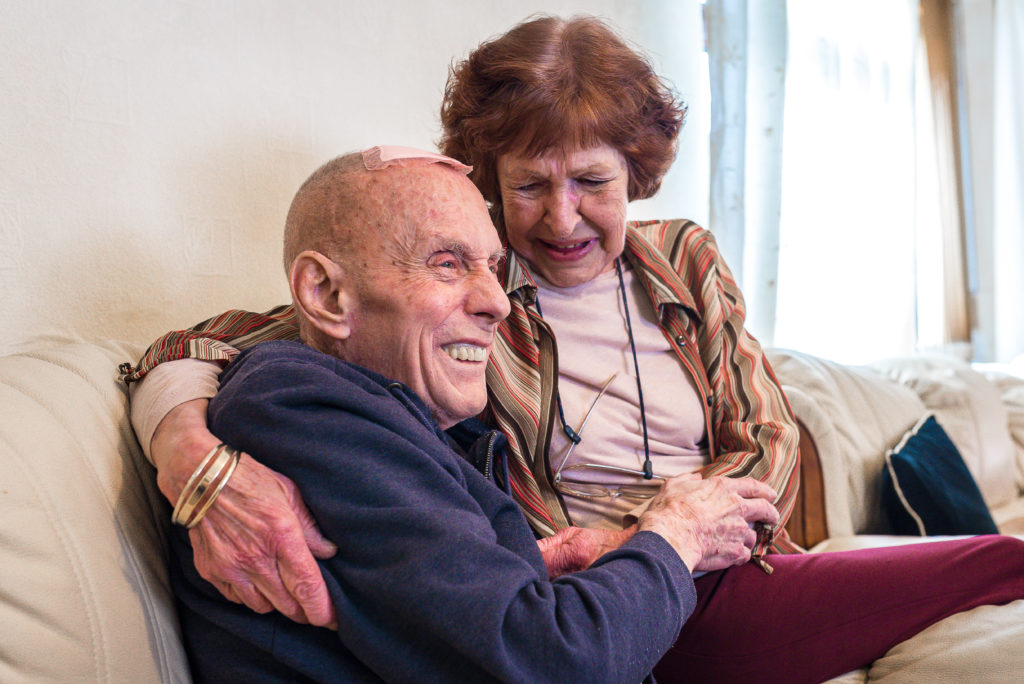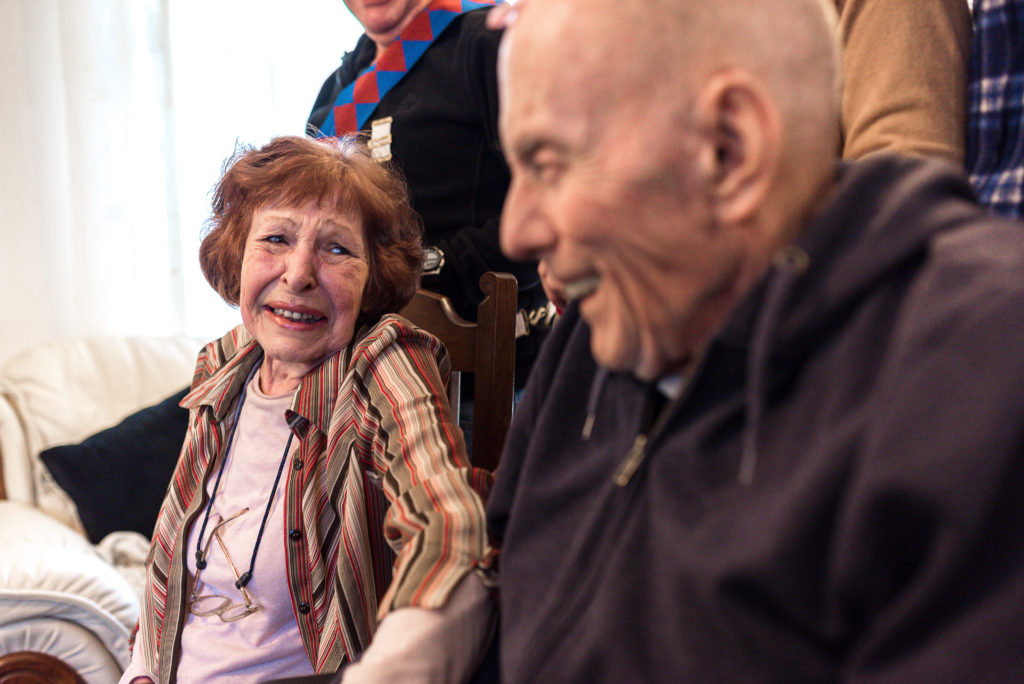Issue 8: Autumn/Winter 2020
Care

Caring for a partner or family member can be a rewarding experience, and it’s natural to want to put all your energy into supporting the needs of a person you care for. As someone who knows your loved one best, you might think that you are the only one who can take proper care of them.
But despite what people might think, carers are not superhuman, and it can be easy to slip into a routine which neglects your own needs and puts your health at risk.
A recent report from Carers UK revealed that full-time carers are twice as likely to be in bad health as non-carers, with 64 per cent citing a lack of practical support and 50 per cent a lack of financial support as major reasons.
Being a carer is a big responsibility, so making sure you are fit and healthy – both mentally and physically – is essential if you want to continue providing the best possible care.
Taking regular breaks is one of the most effective ways to look after yourself, helping you to feel stronger and more energised – ready to carry out your caring role with renewed enthusiasm.
There are lots of different ways for carers to take a break. It might be a few hours each week, a day here and there, a full week, or even a combination of all these options. It might involve the carer going away for a holiday, or the person in need of care staying at a residential home. When it comes to having a break away from a caring role there is no ‘one size fits all’ approach; it’s about finding the solution that makes the carer and their loved one the most comfortable.
The MCF’s support is brilliant in that it gives me rest so that I can stay strong.
In issue 7 of Better Lives, we explained how we can support carers by funding ‘domiciliary’ care in the person’s home or a short stay in a residential or nursing home.
We are pleased to say that our carer breaks also include funding for day centre care.
We encourage everyone who comes to us for help to contact their local authority to arrange a care needs assessment, as it is important they are providing any care for which your loved one may be eligible.
However, don’t worry if you haven’t had a needs assessment – we can still consider support whilst an assessment is being arranged. The amount of support we can offer will depend on your financial situation.
Our carer breaks are focussed on the needs of the carer, to ensure that they are able to rest, with the knowledge that the person they care for is in safe hands. This means that we cannot fund care at home, for those who are not already receiving unpaid care from a loved one.
We are also unable to offer help towards permanent, convalescent or 24 hour live-in care.
Our Advice & Support Team (AST) can help you to explore the various care options available and choose what works best for you. They can also help you to access a carer’s assessment – different to a care needs assessment – any local authority funding available, and if appropriate, complete an application to the MCF.

“I’ve been caring for my husband for about four years now. He has dementia which is the hardest thing to cope with, but he is also diabetic and is a double leg amputee.
“It’s hard work, but physically I’m actually a very healthy, strong woman so I can manage. It’s the emotional side of things that really takes its toll.
“We’ve been together for 52 years, and for all those years before he became ill, we did everything together. As a family we would go caravanning and fishing. Then the children grew up and still, whatever we did, we did it as a couple; we were always hand in hand. Now he doesn’t go out, so I don’t really go out.
“John needs 24-hour care; he can’t be left for even 10 minutes, which means that I’m constantly on edge when it’s just the two of us.
“Both my husband and son are Freemasons, so the lodge were aware of our situation. We didn’t even have to ask for help, they just offered to put in an application on our behalf. It didn’t really occur to me to ask for assistance, so it was a wonderful surprise that they were so eager to help.
“The MCF pays for carers to come in to our home so that I can take a break. It’s brilliant in that it gives me a rest so that I can stay strong. But to be honest, I still worry about him when I’m not there.
“It can be tough being a carer, but this is my job now, and I know that John would do the same for me.”